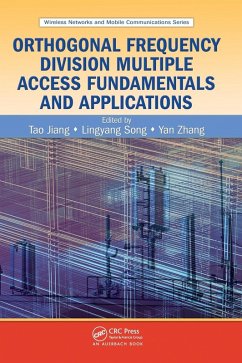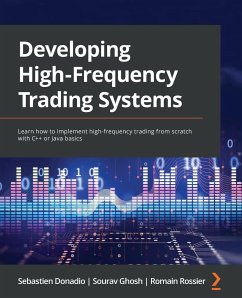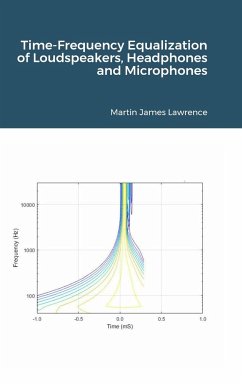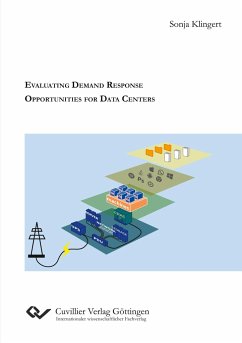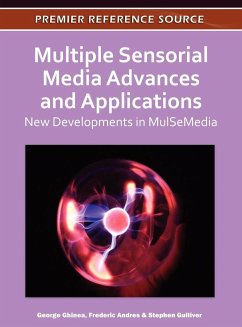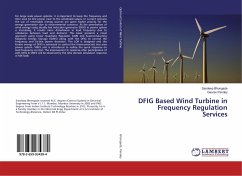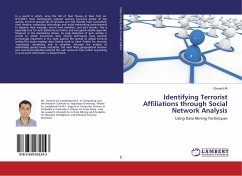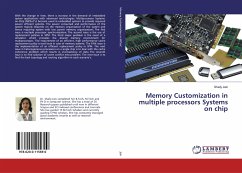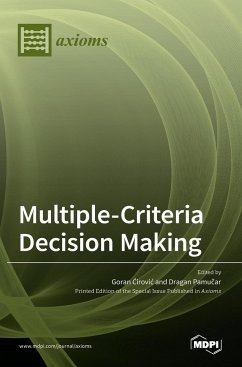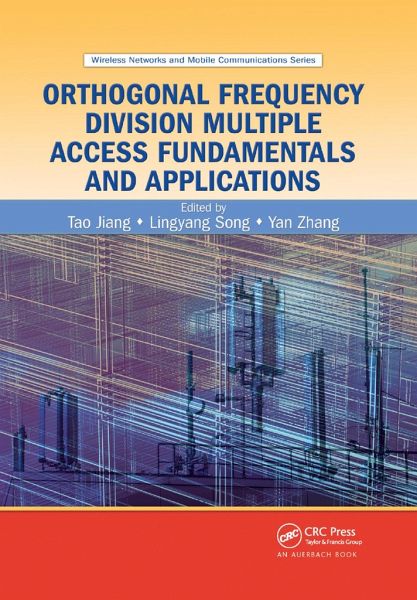
Orthogonal Frequency Division Multiple Access Fundamentals and Applications

PAYBACK Punkte
36 °P sammeln!
Supported by expert-level advice of pioneering researchers, this volume provides an accessible introduction to the foundations, applications, and design issues in OFDMA networks. It explores key techniques of effective resource management, highlighting open problems and supplying possible solutions. The text investigates radio channel modeling in OFDMA-based wireless communication systems and details detection strategies of frequency-domain equalization for broadband communications. Supplying a macro-level understanding of OFDMA, this is an ideal guide for those whose work is related to OFDMA ...
Supported by expert-level advice of pioneering researchers, this volume provides an accessible introduction to the foundations, applications, and design issues in OFDMA networks. It explores key techniques of effective resource management, highlighting open problems and supplying possible solutions. The text investigates radio channel modeling in OFDMA-based wireless communication systems and details detection strategies of frequency-domain equalization for broadband communications. Supplying a macro-level understanding of OFDMA, this is an ideal guide for those whose work is related to OFDMA application or other multiuser communication system projects.





